Category: ACNA
-
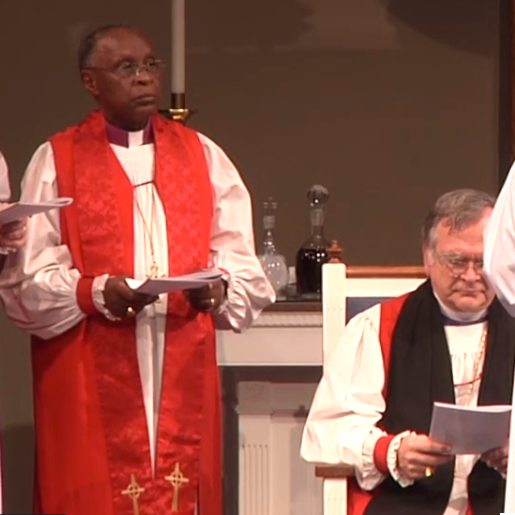
IV. Realignment
(Continuing a series of posts on recent Anglican history.) At the dawn of the twenty-first century the Anglican Communion experienced a profound rupture over issues of fidelity to Scripture. National churches from “the Global South” ordained Americans as missionary bishops to the United States, touching off a new level of spiritual warfare that pitted church…
-
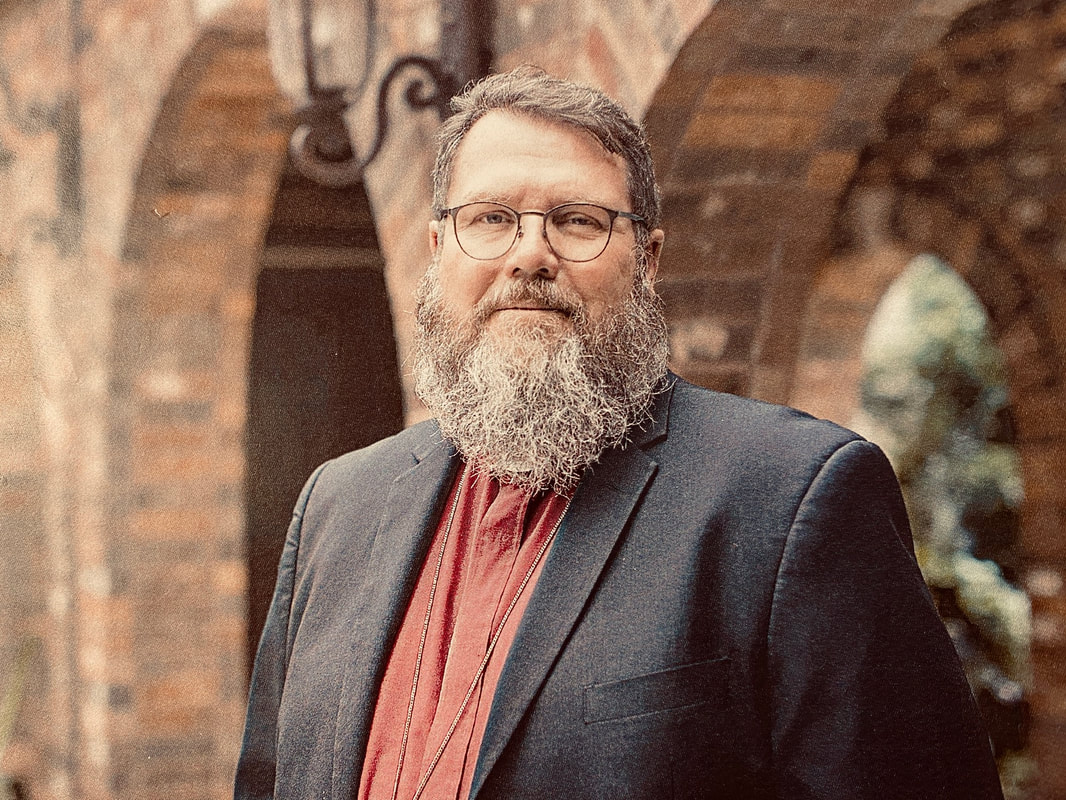
Bishop Menees on Jesus Antonio Castañeda-Serna
One of the most egregious cases of sexual misconduct that took place in ACNA is that of Jesus Antonio Castañeda-Serna. With that in mind, it is encouraging to read a letter that Bishop Menees presented to the court in his trial: April 12, 2024The Honorable Charles LeeSuperior Court of California,Fresno County – Department 33Your Honor,Thank…
-

Bishop Steve Wood: What is Reformation Anglicanism?
Back in his blogging days, ACNA Archbishop-elect Steve Wood published this article in 2014: Perhaps the easiest way to describe Reformation Anglicanism is simply by defining the words. By “reformation,” we mean that expression of the Christian faith that arose in the 16th century, commonly called the Protestant Reformation, which sought to reform the church according to…
-
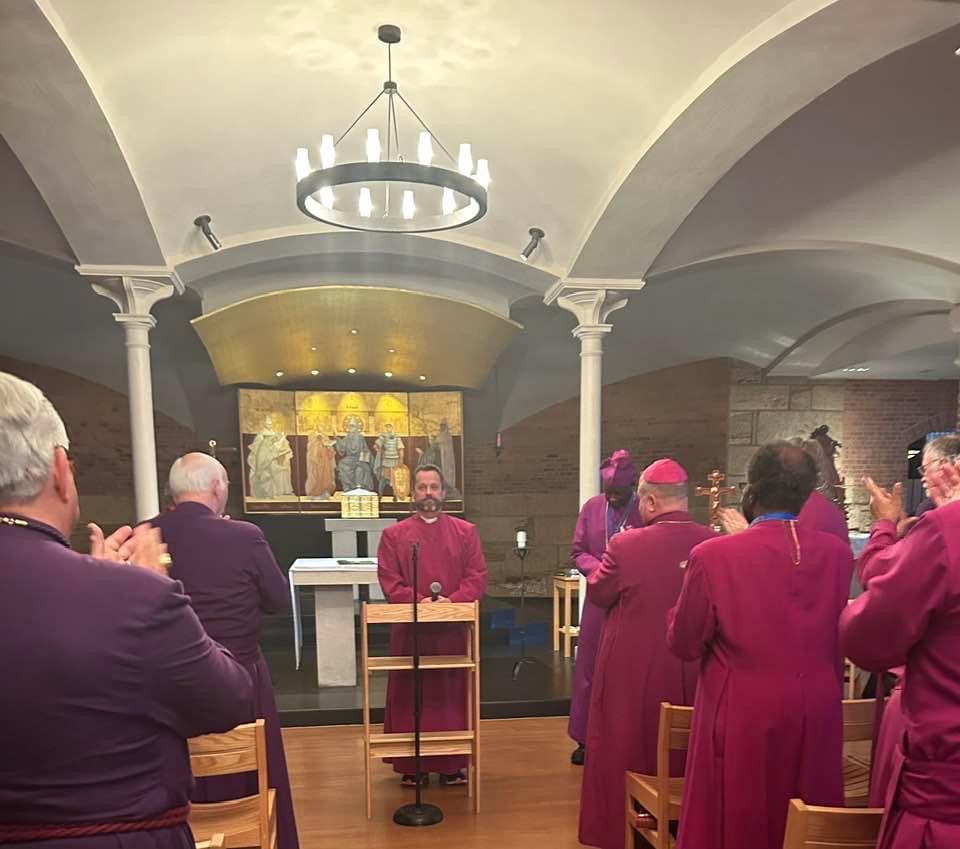
Who is Archbishop-elect Steve Wood?
I know very little about Bishop Wood, but I know his blog Treading Grain and used to read it back in the day. He no longer uses it. From his blog I can tell that he is a reader who interacts with cultural changes and theology quite a bit. He had Ashley Null speak to…
-

The next ACNA Archbishop
Here are some candidates for the role that I have heard about or suspect. I am adding a few more in based on a helpful comment. Bishop Eric Menees Bishop of the Diocese of San Joaquin. Bishop Menees is bilingual, speaking Spanish as well as English. According to his biography: Following his ordination Bishop Menees…
-
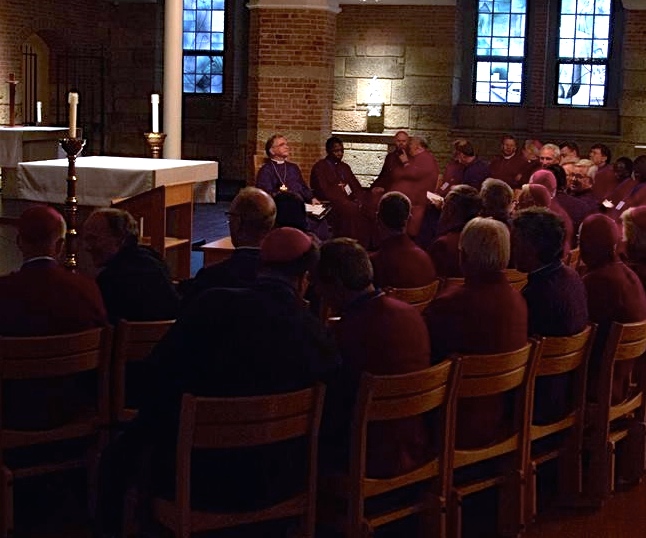
Hard and Honest Work: The 2014 ACNA Conclave
Note: I am republishing this as we are about to have another Conclave. 7/19/24 Former Archbishop Duncan characterized the 2014 Conclave to elect his successor as “hard and honest work” and a variety of other participants offered similar characterizations. The conclave ended with a unanimous vote electing Bishop Foley Beach as the second Archbishop of…
-
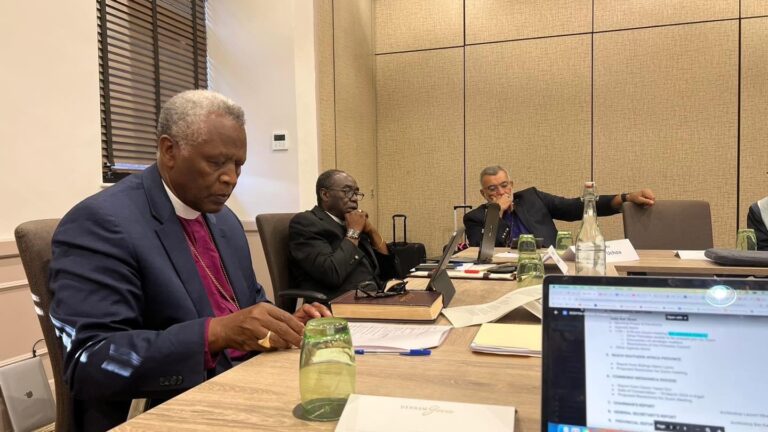
Lack of discernment at ACNA’s Provincial Assembly 2024
In the past I wrote about why it was a mistake to invite Ravi Zacharias and Archbishop Laurent Mbanda to the ACNA’s Provincial Assembly in 2019. The Zacharias mistake is now obvious for the world to see, although I am not aware of ACNA ever apologizing for what they did. Mbanda however has gone from…
-
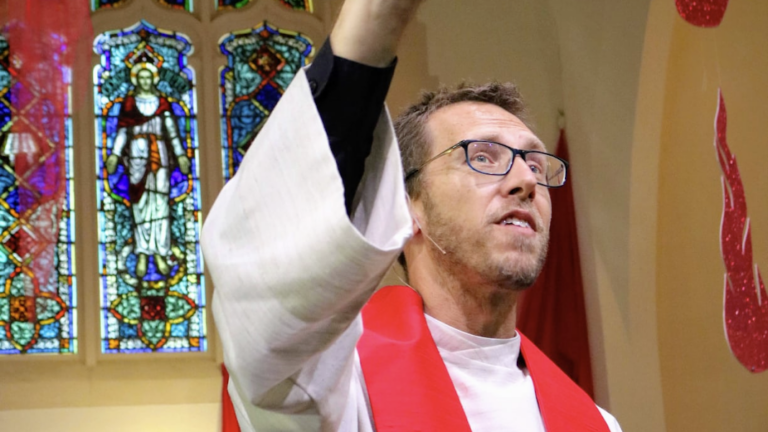
Stewart Ruch and Joshua Moon
The presentment against Stewart Ruch contains extremely troubling facts which bother me personally. They concern Joshua Moon, a man I knew as a fellow parishioner and acquaintance at Church of the Cross in Hopkins, Minnesota. I don’t remember when I first became aware of him, but early on in my time at Cross he started…
-
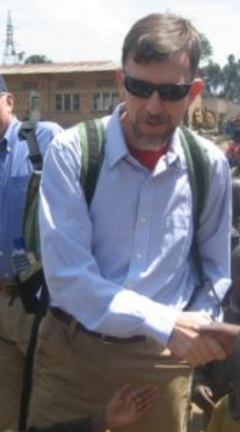
Rev. Dan Claire’s petition denied
The ACNA’s Provincial Tribunal released a decision and order dismissing petition in the case of the Rev. Dan Claire, Church of the Resurrection, Washington D.C. Some background on the case appears at the following links: The decision itself presents the following facts: According to the papers filed by both parties and oral argument on September…
-
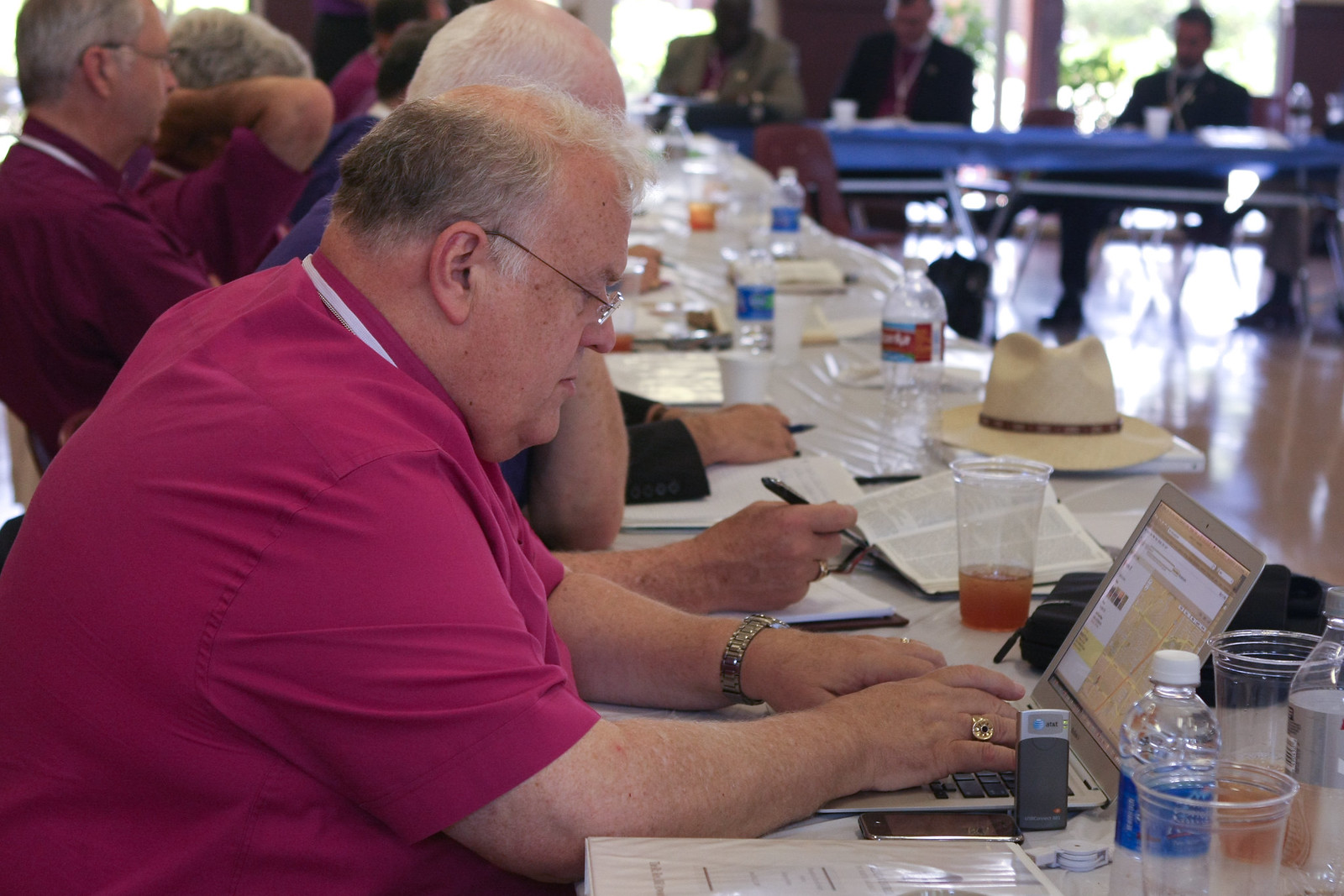
A presentment against ACNA Bishop Bill Atwood
It has come to my attention that a presentment was filed against ACNA Bishop Bill Atwood that to my knowledge has never been publicly announced. The presentment was submitted in November 2022 and accuses the bishop of “…conduct giving just probable cause for scandal or offense, including the abuse of ecclesiastical power; willful disobedience of…